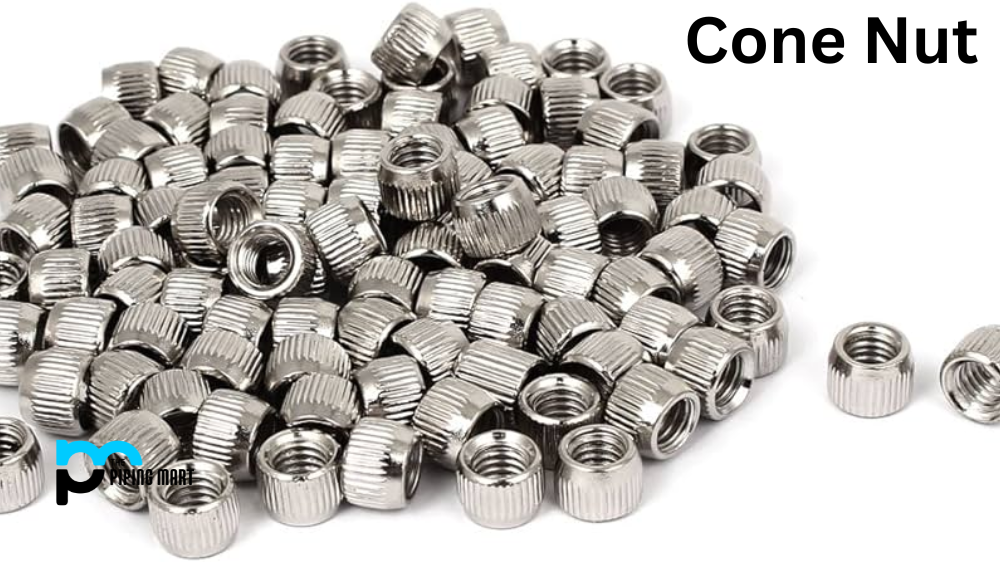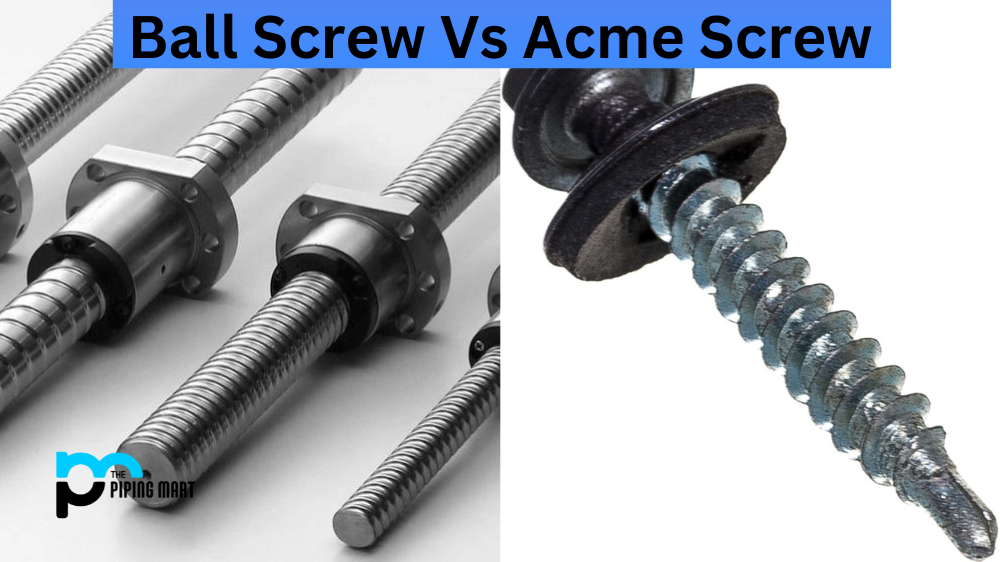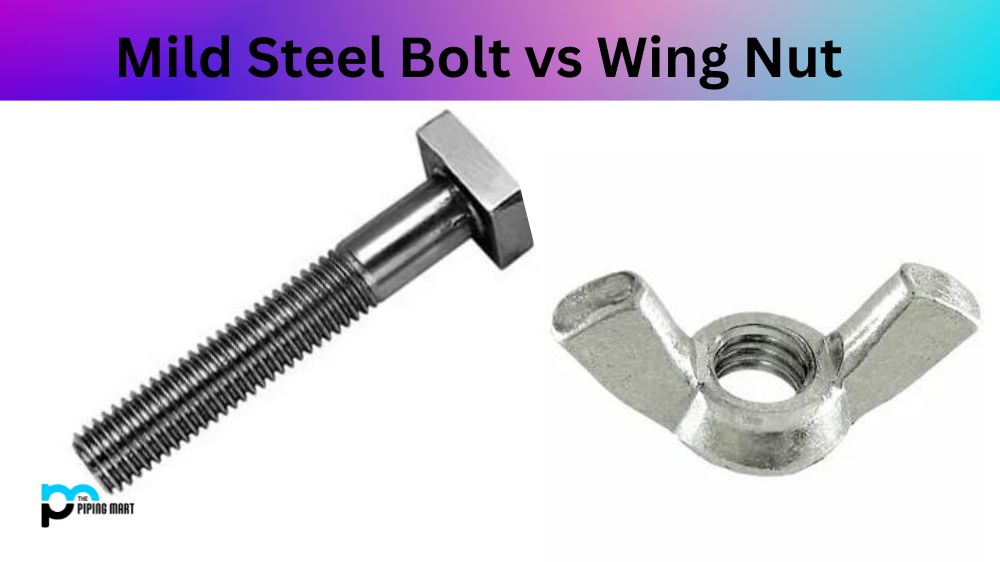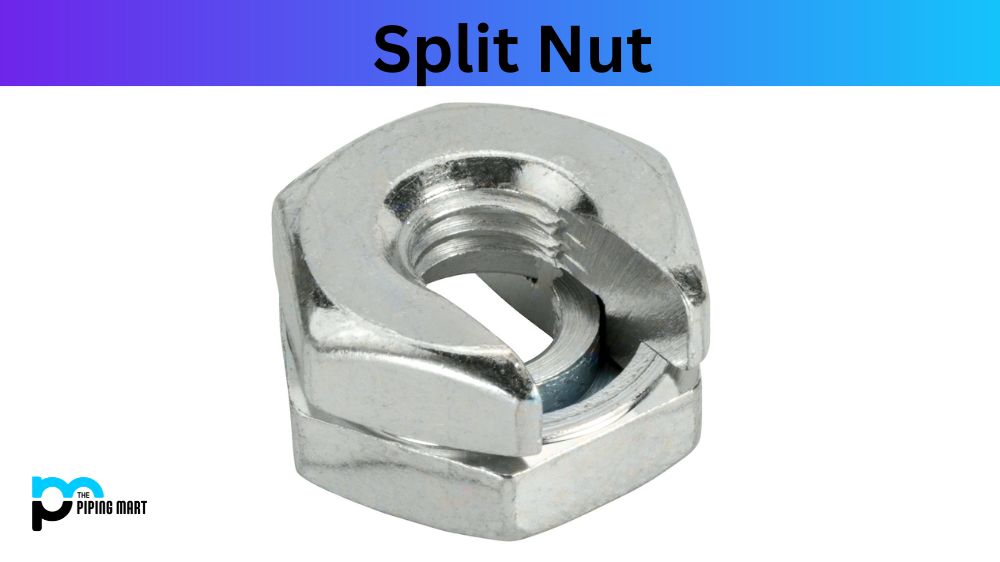Stainless steel profiles are versatile in different industries, such as construction, architecture, and manufacturing. Some common types of stainless steel profiles are the T profile, U project, and L profile. These profiles are widely used in different applications and have unique features. However, one of the essential components in stainless steel profiles is the cone nut. In this blog, we will discuss cone nuts’ different advantages and disadvantages in stainless steel profiles.
What is a Cone Nut?
Cone nut, also known as a conical or tapering nut, is a unique type of fastener widely used in various industries such as automotive, construction and even aerospace. It gets its name from its distinctive shape – with one end being wider than the other, resembling the shape of an ice cream cone. But don’t be fooled by its simple appearance, for this diminutive nut holds immense strength and versatility.
What sets cone nuts apart from regular nuts is their ability to provide a secure fit in tight spaces. The conical shape allows for easy insertion and tightening in restricted locations where traditional nuts would have difficulty fitting. This makes them an essential component in many engineering applications where space constraints are constantly challenging.
Advantages and Disadvantages of Cone Nut
Advantages of Cone Nut
Cone nuts are designed to be strong and durable, making them ideal for demanding applications. These fasteners are made from high-quality materials such as stainless steel, ensuring they can withstand harsh environments, extreme temperatures, and heavy loads.
Ease of Installation:
Another advantage of cone nuts is that they are easy to install. These fasteners feature a unique design that enables them to be easily threaded onto a bolt, making installation quicker. They come in various sizes and thread pitches, making them suitable for different applications.
Versatility:
Cone nuts are widely used in various industries, making them a versatile option for professionals. They can be used in construction, manufacturing, and even household appliances, making them versatile and essential.
Disadvantages of Cone Nut
Cost:
The first disadvantage of cone nuts is their cost. These fasteners are typically more expensive than other alternatives, which can disadvantage some professionals, especially those on a budget.
Limited Load Capacity:
Cone nuts have a limited load capacity, which is another disadvantage. They are unsuitable for applications requiring heavy loads, as they may fail if subjected to too much pressure, making them less useful.
Corrosion:
Stainless steel profiles are known for their ability to resist rust and corrosion. However, cone nuts can still corrode and rust in damp environments. As a result, they may not be appropriate for use in applications requiring constant moisture exposure.
Conclusion:
In conclusion, cone nuts are essential to stainless steel profiles, providing strength and durability. They are easy to install, versatile, and suitable for various applications. However, they come with disadvantages, such as their high cost and limited load capacity. So, before selecting a cone nut for your stainless steel profile, it is essential to consider these pros and cons to make an informed decision. Overall, the advantages of cone nuts outweigh their disadvantages, making them a reliable and versatile option for professionals in different industries.
Meet Heer, a dynamic and driven writer learning tricks of her trade in the metal industry. With a background in Digital Marketing, Heer brings a unique perspective to her writing, sharing valuable insights. Apart from blogging she like reading and hiking.




